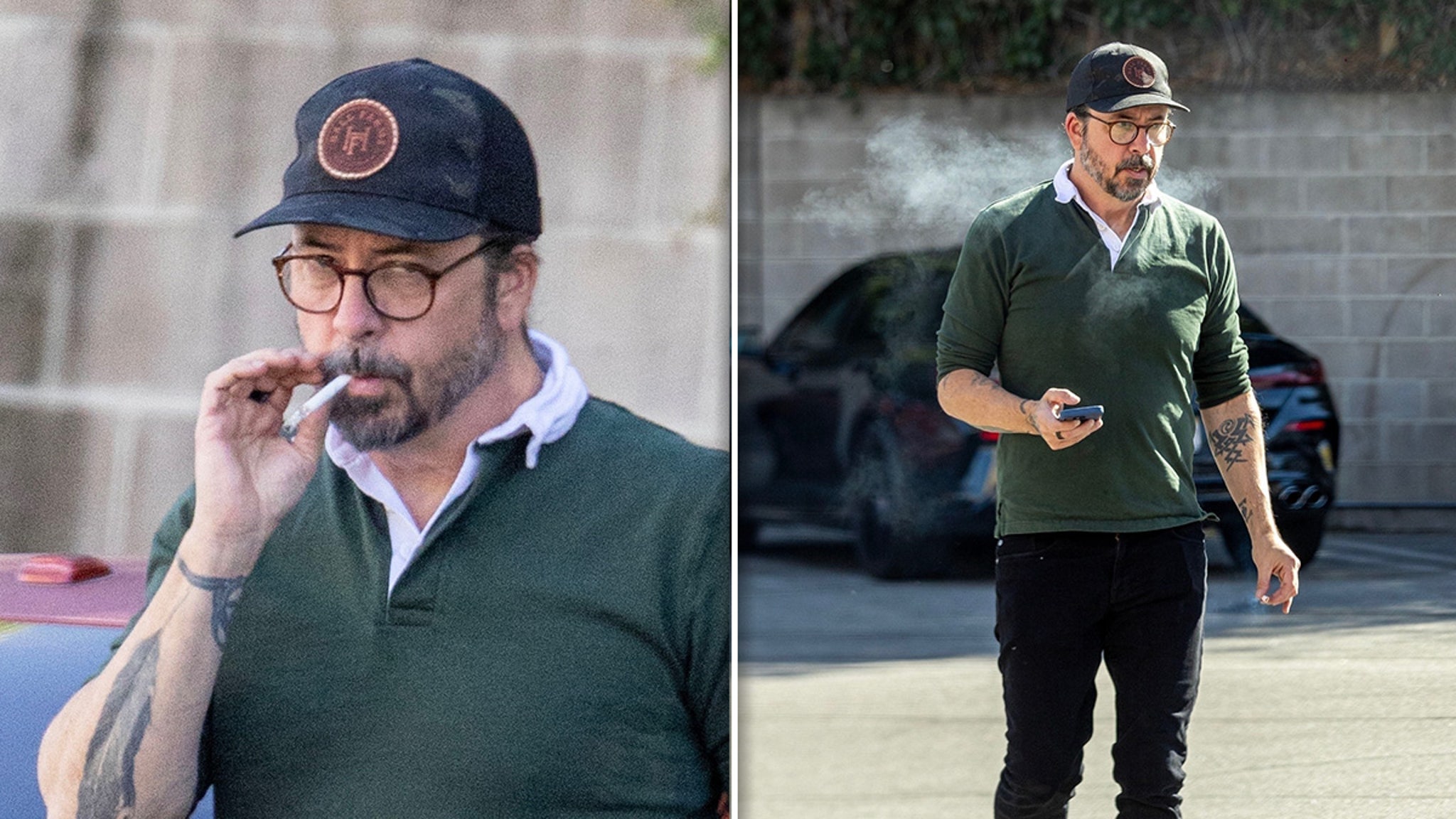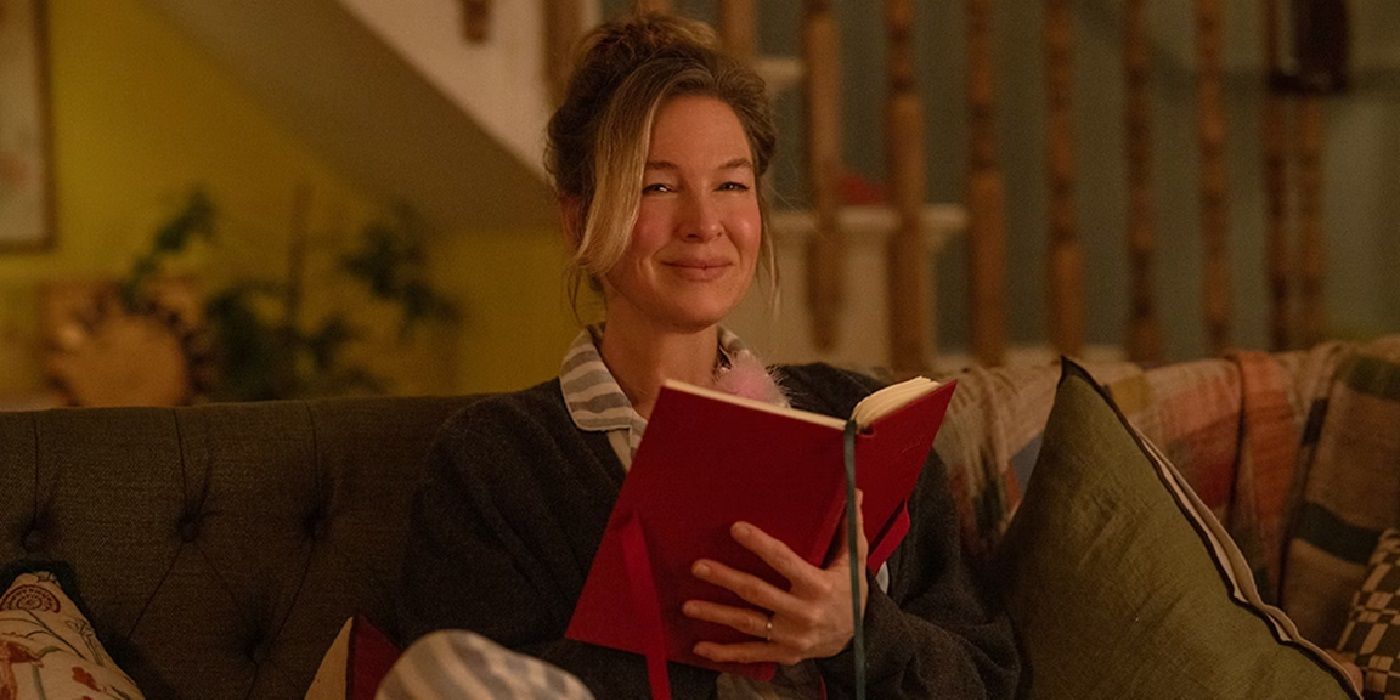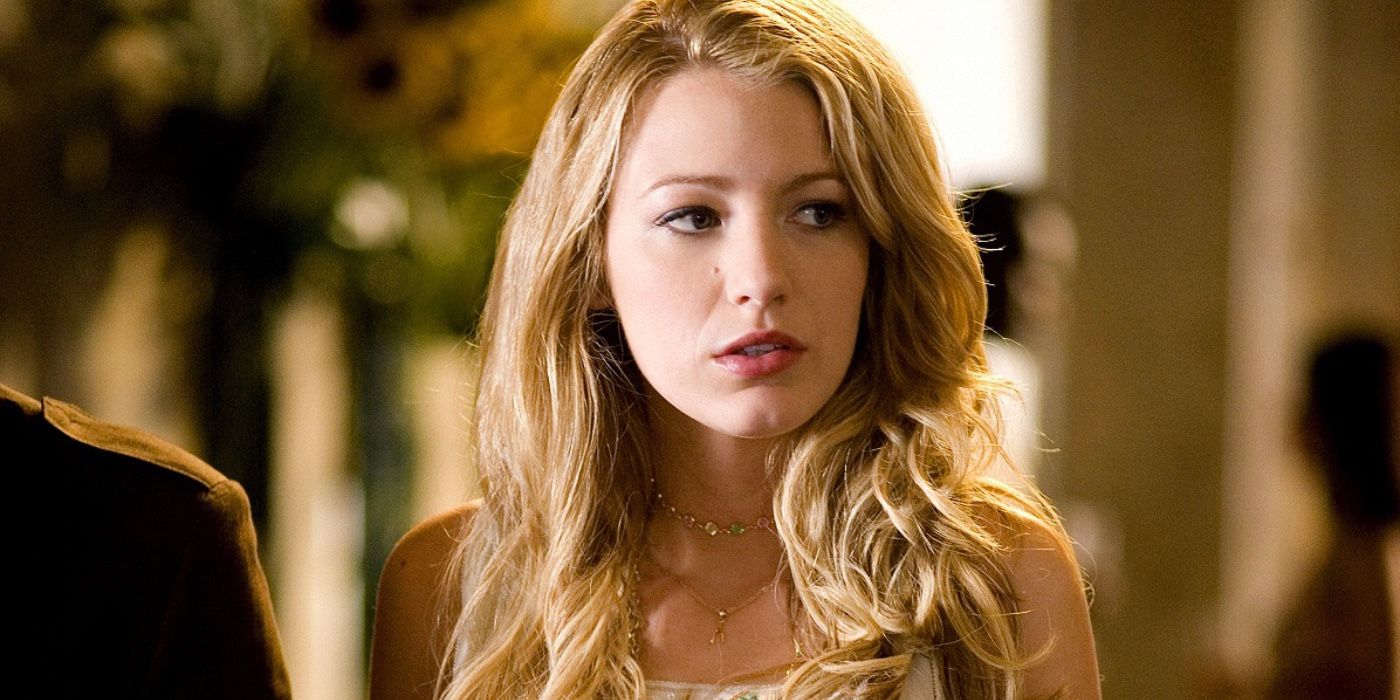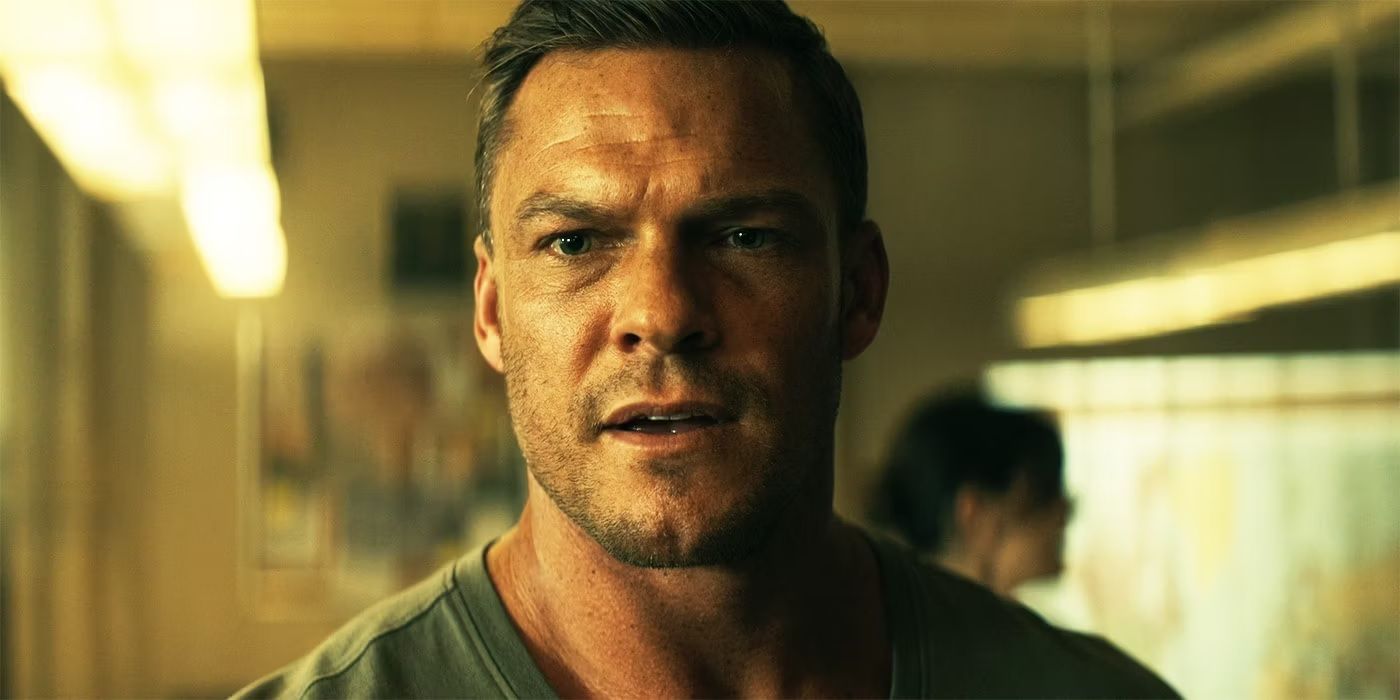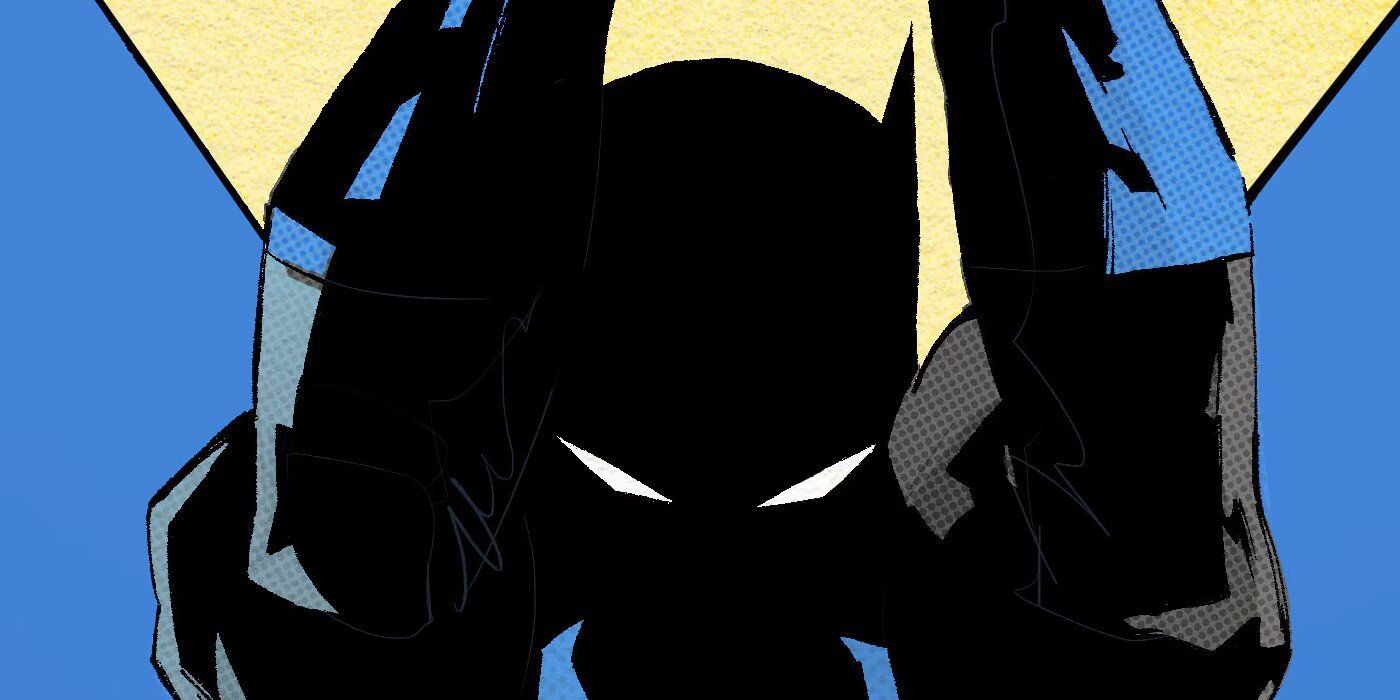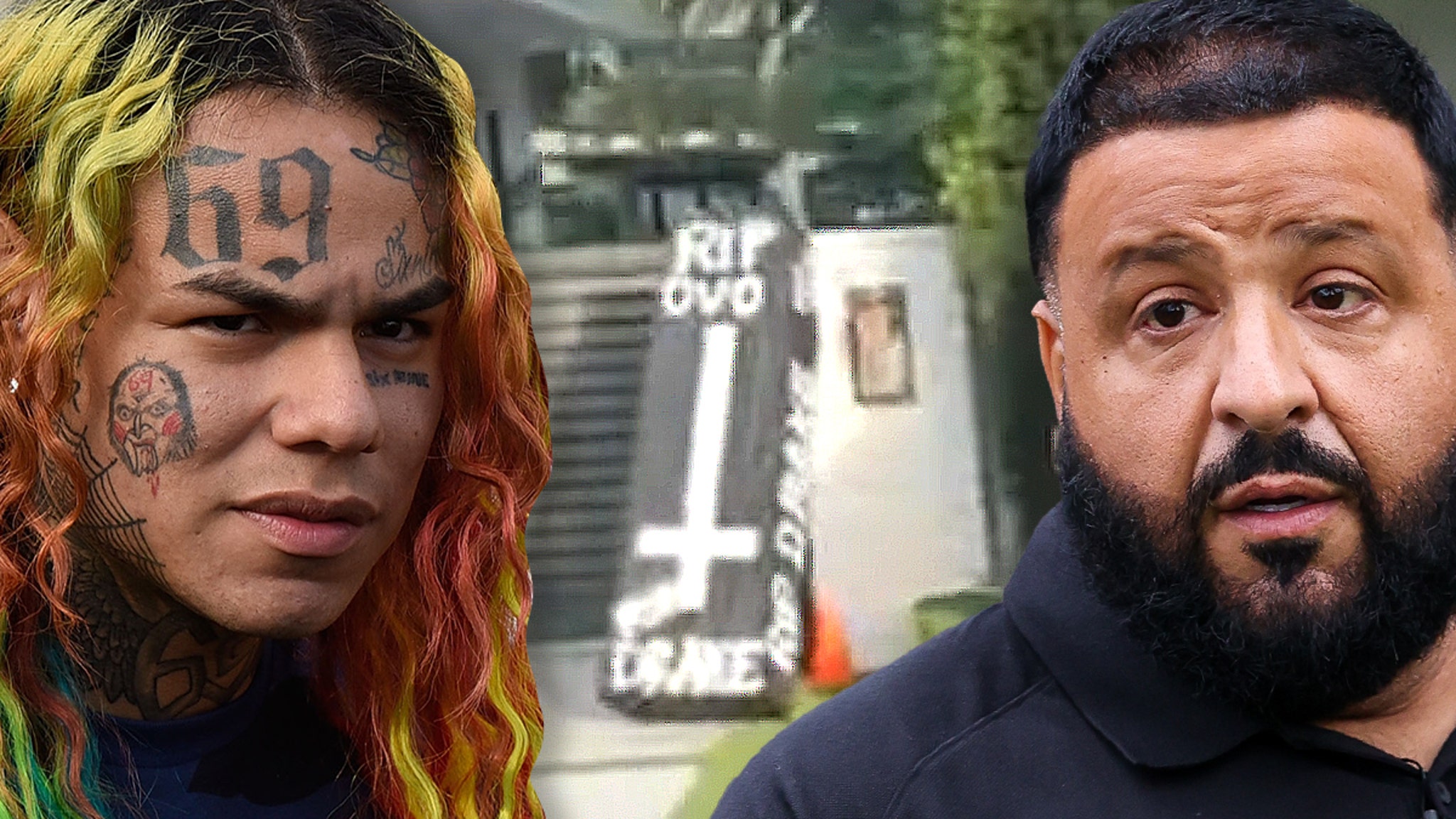Because this is nonetheless a cop show, “The Calling” is content to pad Avi’s work life with hallowed tropes. Yes, he has a boss, Karen Robinson’s Captain Kathleen Davies, who barks at him when he goes out of line (“You are not here to save humankind, I just need you to solve crimes!”) but also helps sum up whatever just happened for the viewer; he also has a comic relief sidekick (Michael Mosley), and another, Juliana Canfield’s Janine Harris, who becomes his partner while also observing his faith and admiring him for it. (She is a mouthpiece for this show’s strange preoccupation with mentioning the show “Law & Order,” as if “The Calling” were delusional to think it was much different.) Each supporting character is played with enough charisma, despite the show’s progressively dull tone and visual palette that turns Barry Levinson’s initial two episodes into generic work.
Adapted from the Avraham Avraham books by D.A. Mishani, this Peacock Original by creator David E. Kelley at least boasts plotting that garners enough curiosity to see its reveals; it knows how to open a big juicy question and let the suspects make its possibilities weirder. Where did young Vincent disappear to? Does it have to do with his parents, the bickering married couple upstairs, the kids at school? The stories about this missing child, and later bomb threat, take on their own junky charm. But the revealed schemes show just how contrived its crimes need to be, as “The Calling” tries to say something about the scary depths of everyday humanity but uses melodramatic shorthand to do so; what should be devastating here is just gossip magazine-salacious. And it’s telling that the mystery doesn’t need a focal character of faith to make them specifically more interesting.
Which brings us to how this series tries to be special in that Avi’s stance as a man of faith is actually one of its wonkier parts. In some passages, it’s almost played like he has a supernatural gift for people thanks to his faith, the way he can imagine more details to a crime by holding someone’s hand or getting into a trance while drawing. But that itself is only roughly sketched, and it struggles to create a sound emotional core. Later when Avi offers his reflections about a crime using his beliefs, it’s out-of-place, if not goofy. He’ll casually say something like, “A famous rabbi once said, ‘The truth will set you free.’ That rabbi was Jesus Christ.” It has little meaning to the case, or the people around him, just him and the series propping him up. It’s easy to image characters from other crime stories, ones that are less sentimental at their core than “The Calling,” laughing in his face.
You can view the original article HERE.

